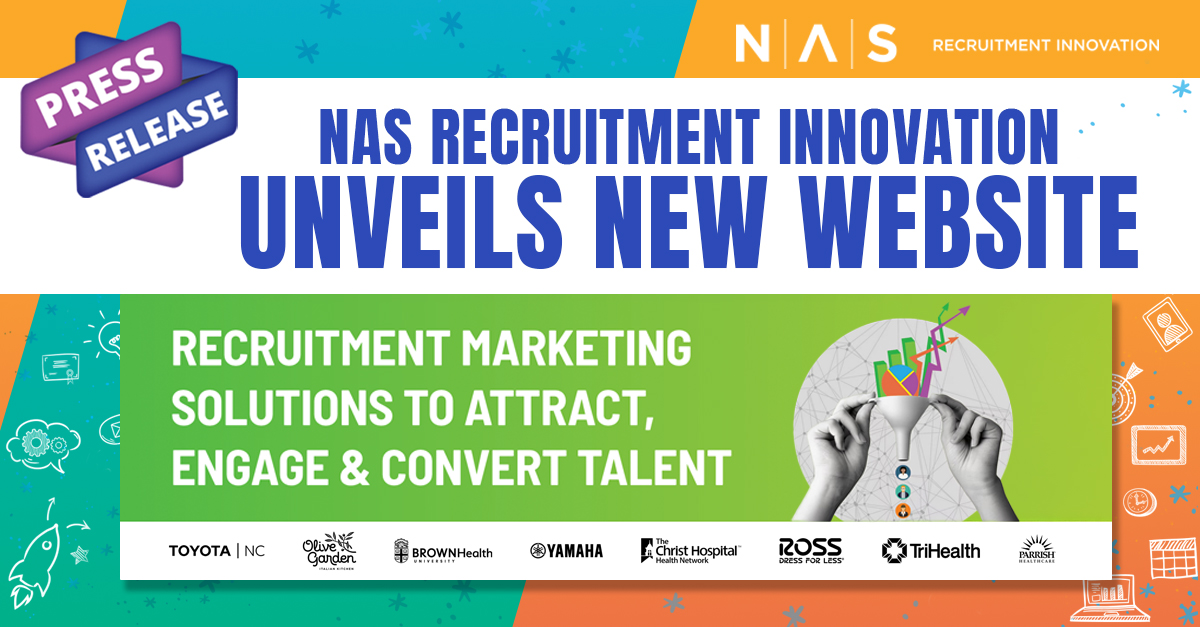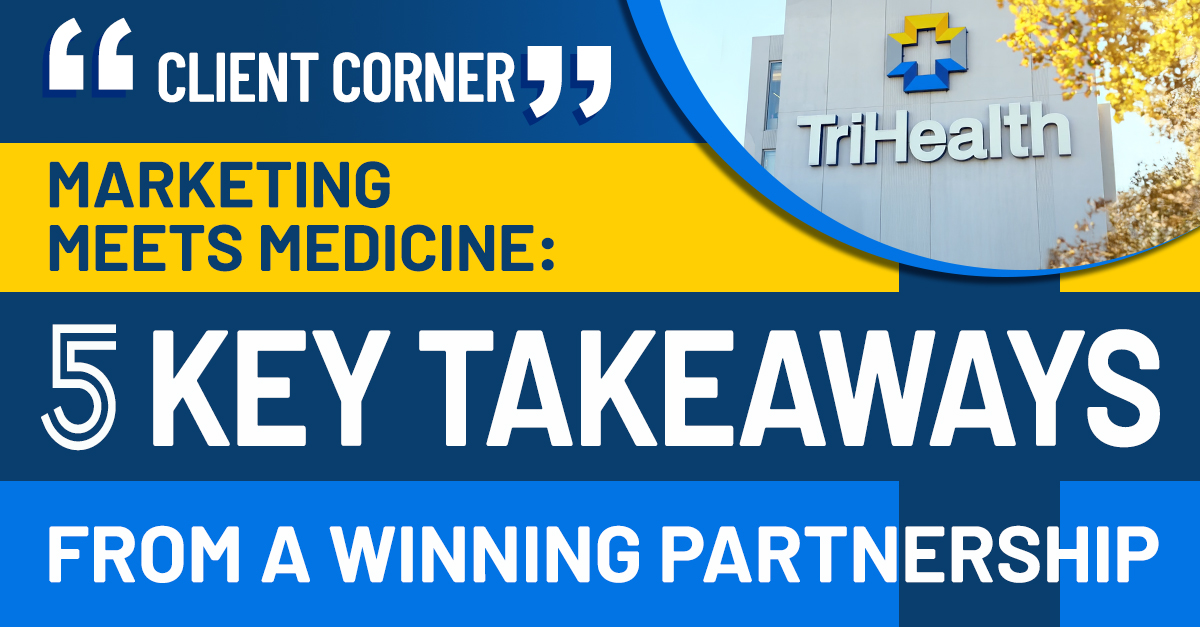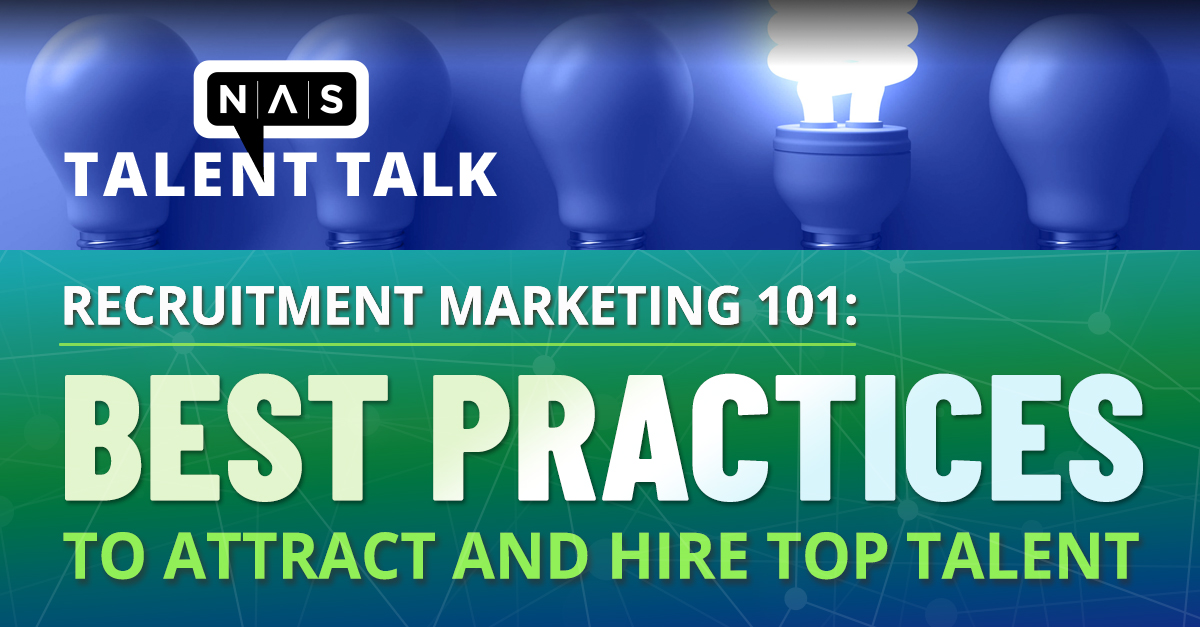Blog
Stay informed with our latest blog posts covering hiring trends, recruitment strategies, and tips for building a stronger employer brand.
.avif)
No Results Found
Thank you! Your submission has been received!
Oops! Something went wrong while submitting the form.
Recruitment Marketing
Recruitment Strategy
Recruitment Marketing
Recruitment Strategy
Recruitment Marketing
Recruitment Strategy
Recruitment Marketing
Recruitment Strategy
Employer Branding
Recruitment Strategy
Press Releases
Recruitment Marketing
Recruitment Marketing
Recruitment Marketing
Recruitment Strategy
Recruitment Marketing
Recruitment Strategy
Company Highlights
Recruitment Marketing
Conferences
Employer Branding
Employer Branding
Employer Branding
Employee Initiatives
Employer Branding
Recruitment Marketing
Employer Branding
Recruitment Strategy
Recruitment Marketing
Recruitment Strategy
Employer Branding
Employee Initiatives
Recruitment Strategy
Recruitment Marketing
Employer Branding
Recruitment Marketing
Recruitment Strategy
HR Technology
Employee Initiatives
Employer Branding
Recruitment Strategy
Conferences
Employer Branding
Recruitment Marketing
Recruitment Strategy
Recruitment Strategy
Recruitment Marketing
Recruitment Strategy
Company Highlights
Recruitment Marketing
Recruitment Strategy
Recruitment Strategy
Employer Branding
Recruitment Strategy
Recruitment Marketing
Recruitment Marketing
Recruitment Marketing
Recruitment Strategy
HR Technology
Recruitment Marketing
HR Technology
Employer Branding
Employee Initiatives
Recruitment Marketing
HR Technology
Recruitment Marketing
Recruitment Strategy
Employer Branding
Employee Initiatives
Company Highlights
Employee Initiatives
Recruitment Strategy
Recruitment Marketing
Company Highlights
Recruitment Strategy
Recruitment Marketing
Company Highlights
Recruitment Marketing
Company Highlights
Recruitment Marketing
Recruitment Strategy
Company Highlights
Recruitment Marketing
Recruitment Strategy
Recruitment Marketing
Recruitment Strategy
Company Highlights
Recruitment Marketing
Employer Branding
Company Highlights
Employer Branding
Recruitment Strategy
Recruitment Marketing
Employee Initiatives
Recruitment Marketing
Recruitment Marketing
Recruitment Strategy
Company Highlights
Recruitment Strategy
Employee Initiatives
Recruitment Marketing
Recruitment Strategy
Company Highlights
Recruitment Marketing
Recruitment Marketing
Recruitment Strategy
Recruitment Marketing
Recruitment Strategy
Employee Initiatives
Recruitment Marketing
Recruitment Strategy
Recruitment Marketing
Recruitment Strategy
Company Highlights
Recruitment Marketing
Recruitment Strategy
Employer Branding
Recruitment Marketing
Recruitment Marketing
Recruitment Strategy
Employee Initiatives
Employee Initiatives
Recruitment Marketing
Recruitment Strategy
Employer Branding
Employee Initiatives
Employer Branding
Recruitment Marketing
Recruitment Strategy
Recruitment Marketing
Recruitment Strategy
Employer Branding
Company Highlights
Recruitment Marketing
Recruitment Strategy
Recruitment Marketing
Recruitment Strategy
Recruitment Strategy
Recruitment Marketing
Recruitment Marketing
Company Highlights
Company Highlights
Employer Branding
Recruitment Marketing
Recruitment Strategy
Employee Initiatives
Employer Branding
Employee Initiatives
HR Technology
Employee Initiatives
Recruitment Marketing
Recruitment Marketing
Recruitment Strategy
Recruitment Marketing
Recruitment Strategy
Employee Initiatives
Recruitment Strategy
Recruitment Marketing
Recruitment Marketing
Recruitment Strategy



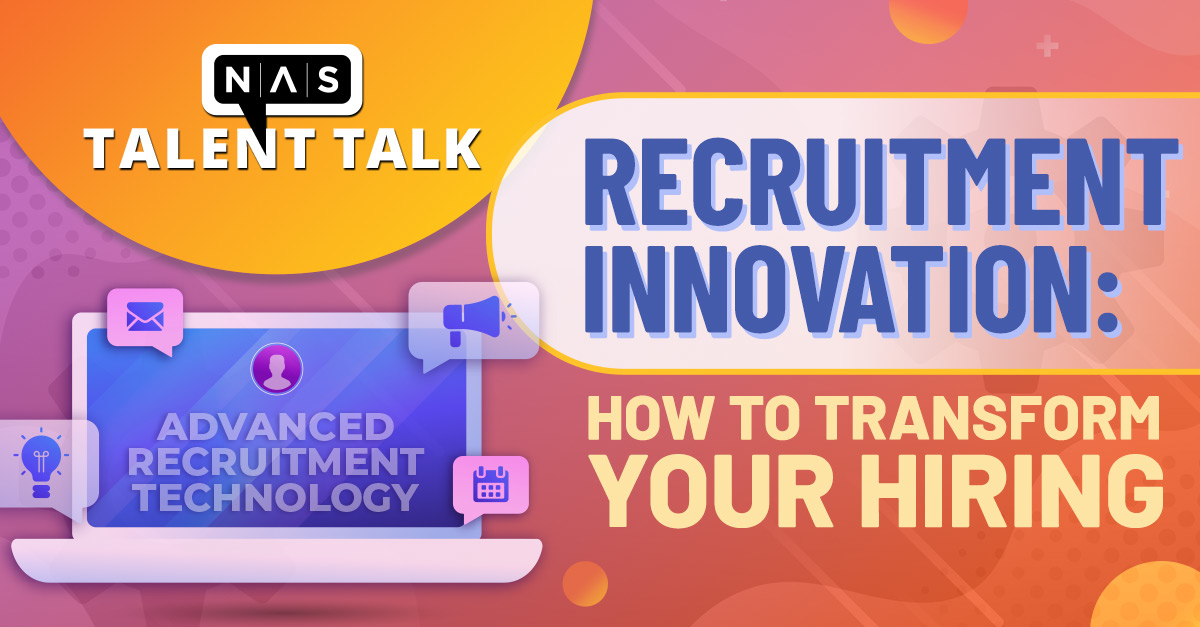
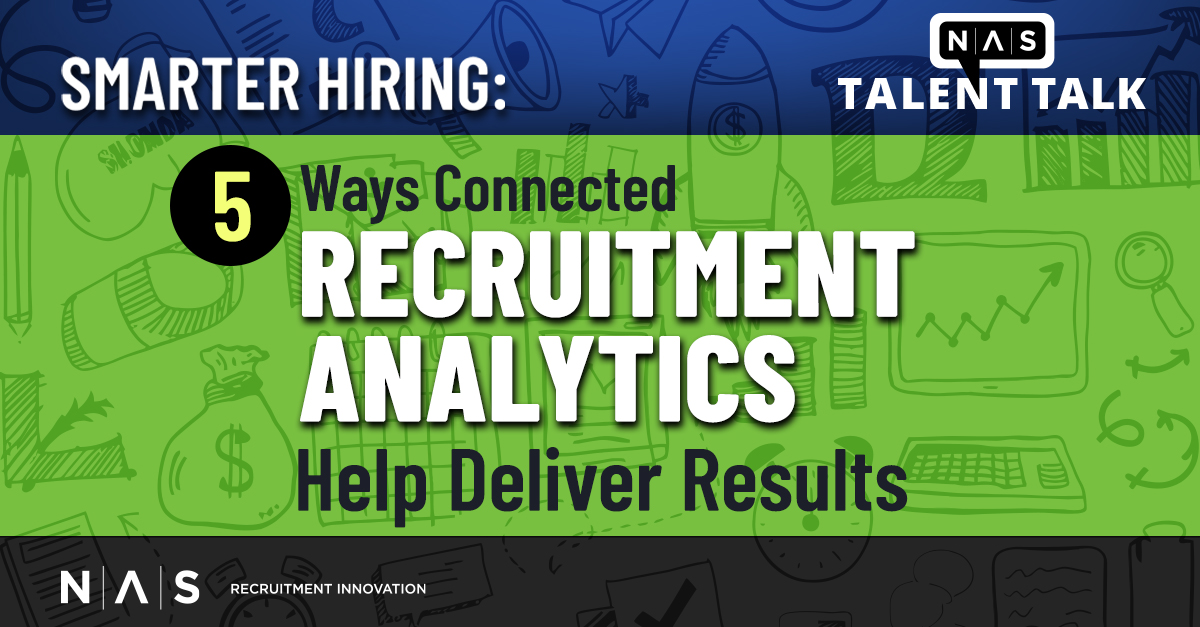
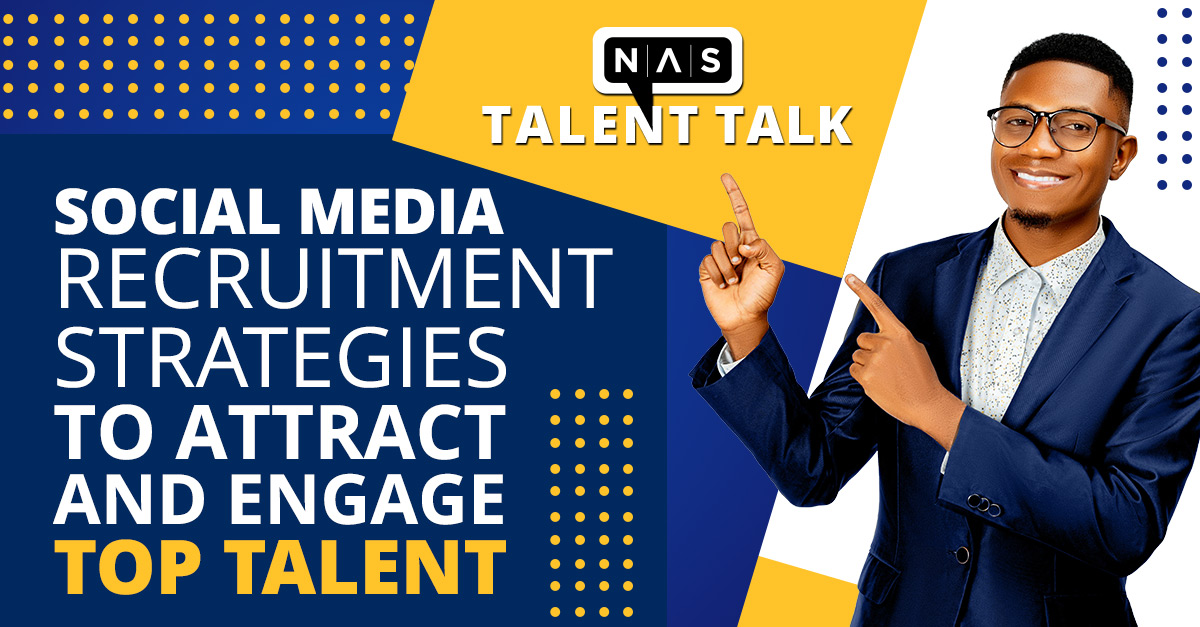
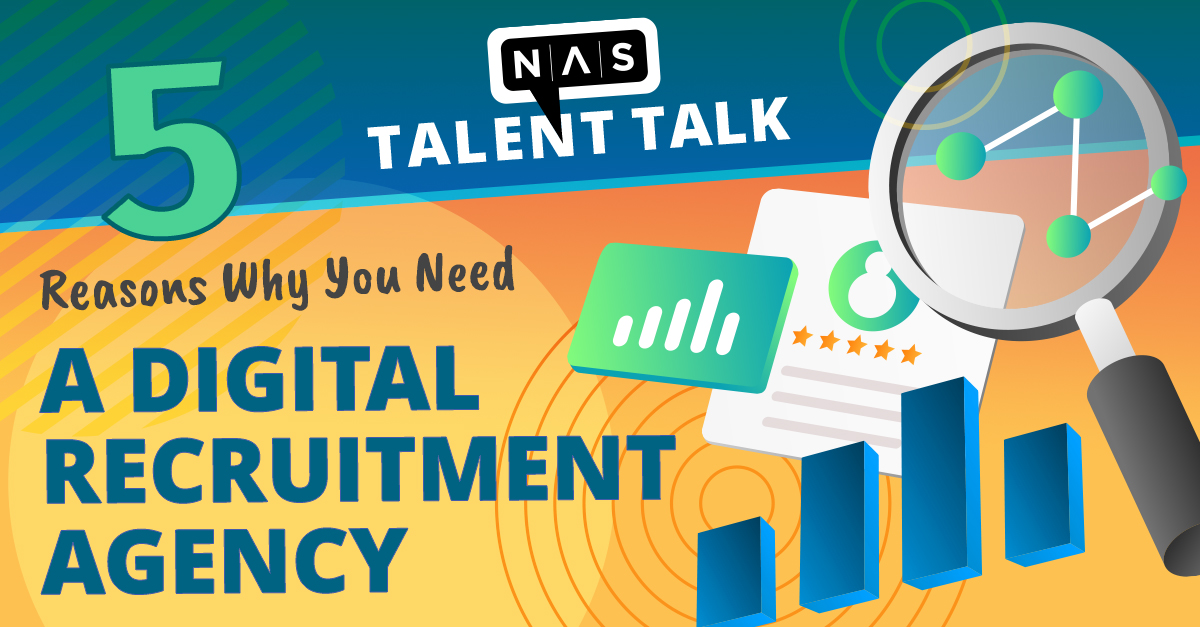
.jpg)
